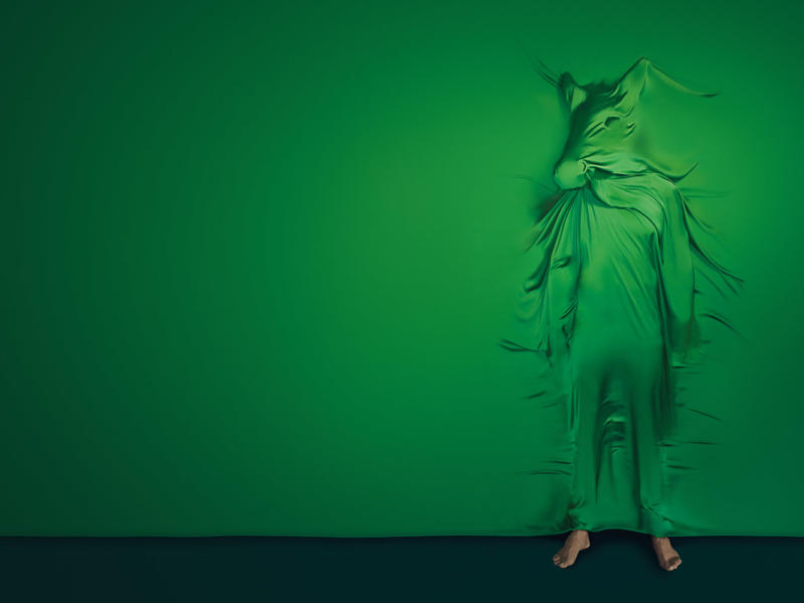Dead Man Walking ENO 2025 ©Manuel Harlan
There are evenings at the opera when you leave humming a tune. Then there are evenings when you leave in silence, pulse unsteady, wondering what it means to be human. ENO’s new production of Dead Man Walking belongs very much in the latter camp — and it’s all the better for it.
Jake Heggie’s 2000 opera, based on Sister Helen Prejean’s memoir of ministering to a condemned man on Louisiana’s death row, is a work that carries its heart — and conscience — on its sleeve. Annilese Miskimmon’s production at the London Coliseum brings it into searing focus: intimate, unsentimental, and disarmingly moving.
Miskimmon’s hand is sure. Alex Eales’s two-tiered set moves fluidly between convent and prison, the world of the living and the soon-to-be-dead. D.M. Wood’s lighting does much of the emotional heavy lifting: harsh fluorescents for the bureaucratic machinery of justice, soft dawn hues for Sister Helen’s moments of faith.
From the opening crime scene — shocking in its murderous intent — the tone is set. This will not be a comfortable watch, nor should it be. The ghosts of the victim’s hover through the opera, silently reminding us that redemption never comes cheap.
The ENO chorus impresses, used with purpose rather than pageantry. Their hymns, first sung by children and later echoed by the condemned, form a chilling backbone to the drama.
Under conductor Kerem Hasan, the ENO orchestra shines. Heggie’s score, richly tonal but laced with unease, flows with cinematic sweep yet never lapses into sentimentality. The orchestral palette — hints of gospel, jazz, and Americana — feels utterly right for the moral weight of the story.
Hasan keeps the pacing taut, allowing the vocal lines room to breathe. There’s a natural musical arc from outrage to acceptance, and by the final act the orchestra itself seems to exhale.
Mezzo-soprano Christine Rice’s Sister Helen is magnificent. She captures the nun’s mix of conviction, fatigue, and moral courage without a hint of piety. Her mezzo is warm but carries steel when needed; the climactic prayer scene drew a hush that felt like reverence rather than theatre.
Opposite her, baritone Michael Mayes — who has sung Joseph De Rocher across the globe — brings a terrifying authenticity. His swagger and self-pity gradually dissolve into the trembling vulnerability of a man facing death. His final confession is devastating precisely because it’s so ordinary, so human.
Mezzo-soprano Dame Sarah Connolly, as De Rocher’s mother, gives one of those cameos that stays with you: fragile, pleading, painfully believable. The smaller roles, too, are sharply drawn — no weak links in the chain.
What’s most striking about this production is its refusal to sermonise. It asks questions but offers no comforting answers: What does forgiveness mean when a crime is unforgivable? Can love exist amid institutional cruelty? And, perhaps most urgently, what is the cost of bearing witness?
As the execution unfolds — ritualistic, inexorable — the return of the hymn “He Will Gather Us Around” lands like a gut punch. No one applauds immediately. You just sit there, absorbing the silence.
ENO’s Dead Man Walking is an evening of rare power: theatrically precise, musically rich, and emotionally unflinching. It reaffirms opera’s ability to confront, to provoke, and to move — not through spectacle, but through humanity.
If you see one contemporary opera this season, make it this. Just don’t expect to leave with dry eyes or an easy conscience.
David Buchler, Opera Spy



